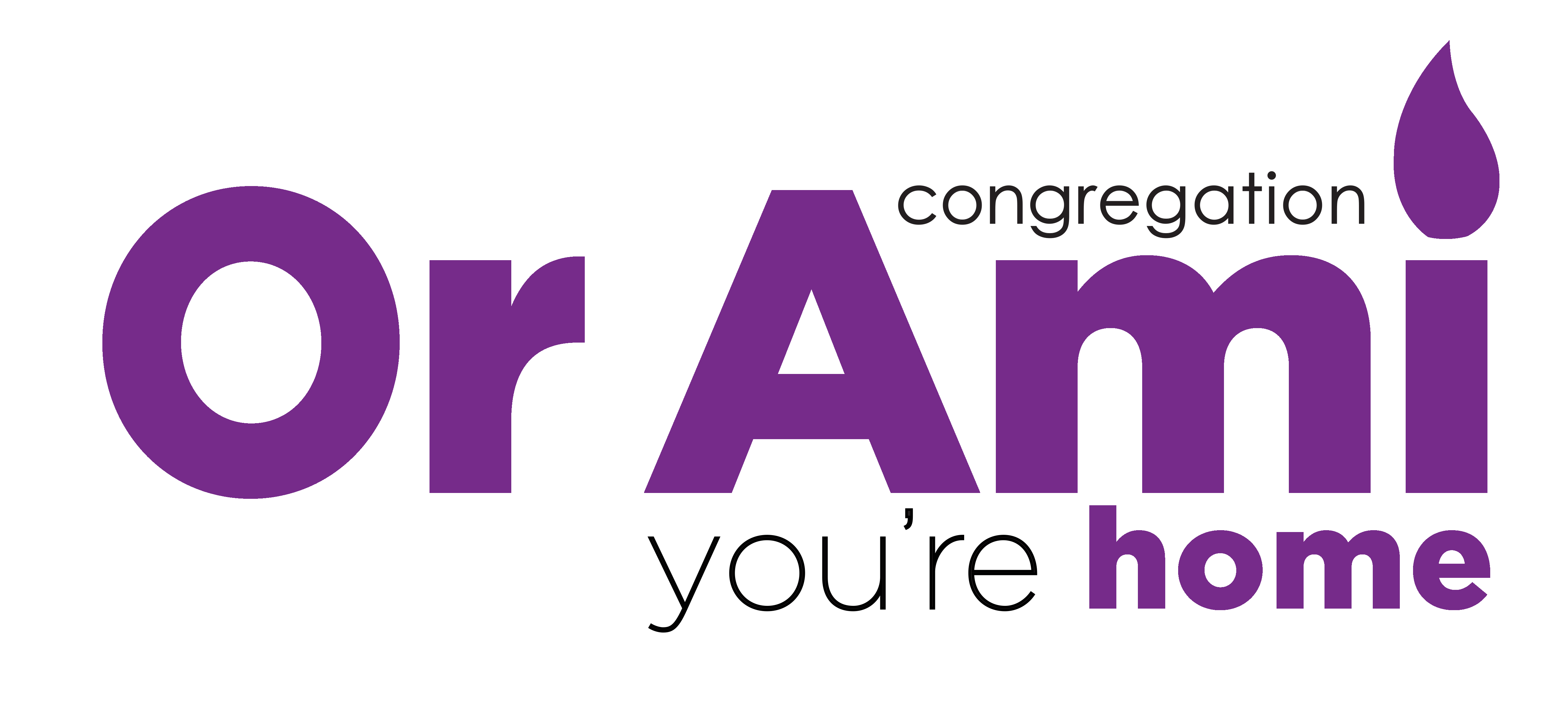After the death: What to Say and NOT to say – June 14 2022
Adapted by Rabbi Paul Kipnes
Too often, when we face death and trauma, we default to the words/ideas that people think religion wants to promulgate.
Too often, those words/ideas are more pain inducing than pain relieving. Rather than representing the progressive ideas of healing and compassion, they embrace a harmful old world view of religion that is at odds with what most of us believe.
So let’s practice what To say and what NOT to say:
Rev. Emily C. Heath teaches about trauma; her words, adapted here to focus on the death of a husband, teach us well:
Here are five things NOT to say to the grieving [spouse], family and friends:
1. “God just needed another angel.”
Portraying God as someone who arbitrarily kills [people] to fill celestial openings is neither faithful to God, nor helpful to grieving parents.
2. “Thank goodness you have other [family members],” or, “You’re young. You can [get married again].”
[People] are not interchangeable or replaceable. The loss of a [husband] will always be a loss, no matter [what the future brings].
3. He/she was just on loan to you from God.
The message is that God is so capricious that God will break parents’ hearts at will just because God can. It also communicates to [mourners] and loved ones that they are not really entitled to their grief.
4. God doesn’t give you more than you can handle.
Actually, some people do get a lot more than any one person should ever have to handle. And it doesn’t come from God. Don’t trivialize someone’s grief with a “what doesn’t kill you makes you stronger” mentality.
5. We may not understand it, but this was God’s will.
Unless you are God, don’t use this line.
And here are five things TO say:
1. I don’t believe God wanted this or willed it.
A grieving friend or family member is likely hearing that this is God’s will from a number of other people. Affirm the idea that it may very well not be.
2. It’s okay to be angry, and I’m a safe person for you express that anger to if you need it.
Anger is an essential part of the grieving process, but many don’t know where to talk about it because they are often silenced by others when they express their feelings. (For instance, they may be told they have no right to be angry at God.) By saying you are a safe person to share all feelings, including anger, with, you help the grieving person know where they can turn.
3. It’s not okay.
It seems so obvious, but sometimes this doesn’t get said. Sometimes the pieces don’t fit. Sometimes nothing works out right. And sometimes there is no way to fix it. Naming it can be helpful for some because it lets them know you won’t sugarcoat their grief.
4. I don’t know why this happened.
When trauma happens, the shock and emotion comes first. But not long after comes our human need to try to explain “why?” The reality is that often we cannot. The grieving person will likely have heard a lot of theories about why a trauma occurred. Sometimes it’s best not to add to the chorus, but to just acknowledge what you do not know.
5. I can’t imagine what you are going through, but I am here to support you in whatever way feels best.
Even if you have faced a similar loss, remember that each loss is different. Saying “I know how you’re feeling” is often untrue. Instead, ask how the grieving person is feeling. And then ask what you can do to help. Then, do it and respect the boundaries around what they don’t want help with at this point. You will be putting some control back into the hands of the grieving person, who often feels like they have lost so much of it.
—
As always, the clergy of Congregation Or Ami – Rabbi Paul Kipnes, Cantor Doug Cotler and Rabbi Julia Atlas Weisz – are always here to talk, process, or listen
–please share
